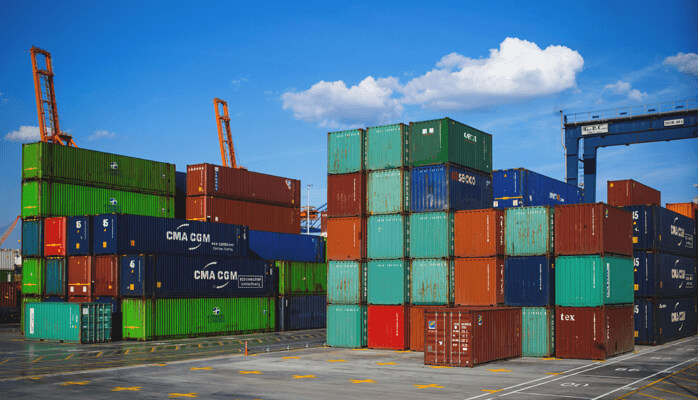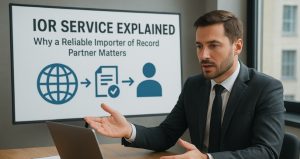If you regularly import products containing encryption into Hong Kong, you’ve probably encountered problems with obtaining an import license from the Hong Kong Trade and Industry Department (TID). Over the past few months, we’ve seen the import licensing process in Hong Kong taking longer and becoming more and more stringent. The average time to obtain an import license for any product is 10 working days, but hiccups in your paperwork can prolong this process even further. While there aren’t many options to speed up this process, here are some tips to help avoid any further delays.
- Use the most up to date forms:
The Hong Kong TID updates its forms from time to time. You can sign up for notifications from the TID website, but you should also regularly check to make sure that the forms you are using are the most recently published versions. Do not assume that a form you submitted last month will be accepted this month. As an example, the TID issued an updated SC037 Cryptography Questionnaire form in April 2015 and then another version in October 2015. The only change in the form was the physical address of the TID, but if you are using the April 2015 form, there is a strong likelihood that your application will be rejected. Avoid this problem by staying up to date on the forms that you have on hand. - Submit a complete application:
If your product contains encryption (ECCN 5A002 or 5A992), you not only need to submit the import license form, you also need to submit the supplemental SC037 form mentioned above. If your product is classified under EAR 740.17 (b) (2) or (b) (3) (iii), you are required to submit the corresponding CCATS document as well. While a CCATS document is not required for 740.17 (b) (1) or 5A992 products, it is a best practice to submit these documents in order to avoid unnecessary questions from the TID. If your product is self-classified, a cover letter referencing the EAR section 740.17 (b) (1) self-classification authorization and your ERN is recommended. Also be sure that you include an SC003 end user statement with your application. - Make sure all of your forms are filled out completely and correctly:
This seems like a no brainer, but we’ve been seeing Hong Kong TID crack down on small typos and inconsistencies in forms. So be sure that your import license form matches your SC037 and SC003 forms and that all of your shipping documentation matches as well. If your CCATS from the US government is at the product family level, and does not name out specific models, be sure that you include a letter stating that the CCATS you are referencing is applicable to the models that you are indicating on your import license. - Set proper customer expectations:
Even with properly filled out paperwork, an import license is going to take 10 working days to complete. It’s important to communicate this time table to your sales and order management teams so that they can get you the required information as early as possible and set the correct expectation with the customer.
The tips above are just a few ways that you can avoid unnecessary delays with the Hong Kong TID import licensing process. For more specific help and/or information regarding pre-classification of products or bulk licensing, please contact us at info@global-4pl.com. We’d be happy to help make your Hong Kong import process smoother.
If you have any questions regarding trade compliance please contact me at Global4PL – we have helped many start-ups, small businesses and some very large companies, and our customers do sleep better.
Global4PL is the Third Largest IOR-EOR Service Provider Worldwide & the only IOR-EOR Service provider with an In-House U.S. Licensed Customs Brokerage & Trade Legal Team that serves 74 countries worldwide.
Global4PL: We are your IOR, cost, compliance, and efficiency experts.
Sergio Retamal, CEO of Global4PL, has 27 years of executive Supply Chain and Procurement experience. He holds a Masters Degree in Change Management from Pepperdine University’s Graziadio School of Business and a Masters Degree in Business Administration in International Business from California State University, Northridge. He also holds a Bachelors of Science in International Business from California State University, Northridge.





